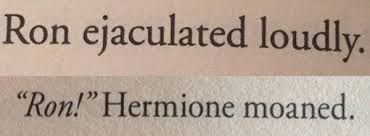TheOtherTeacher
Professor
- Joined
- Feb 4, 2017
- Posts
- 151
I sometimes think there isn't enough discussion about writing in this sub-forum.
So... let's change that.
What are your simplest, easiest to implement writing tips?
My first one - use the weather to set the mood.
Main character is in a bad mood? Mention the rain outside.
Main character is happy? Mention the sun coming in through the window.
So... let's change that.
What are your simplest, easiest to implement writing tips?
My first one - use the weather to set the mood.
Main character is in a bad mood? Mention the rain outside.
Main character is happy? Mention the sun coming in through the window.
